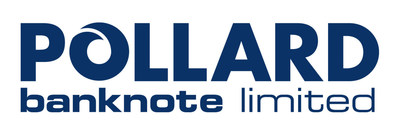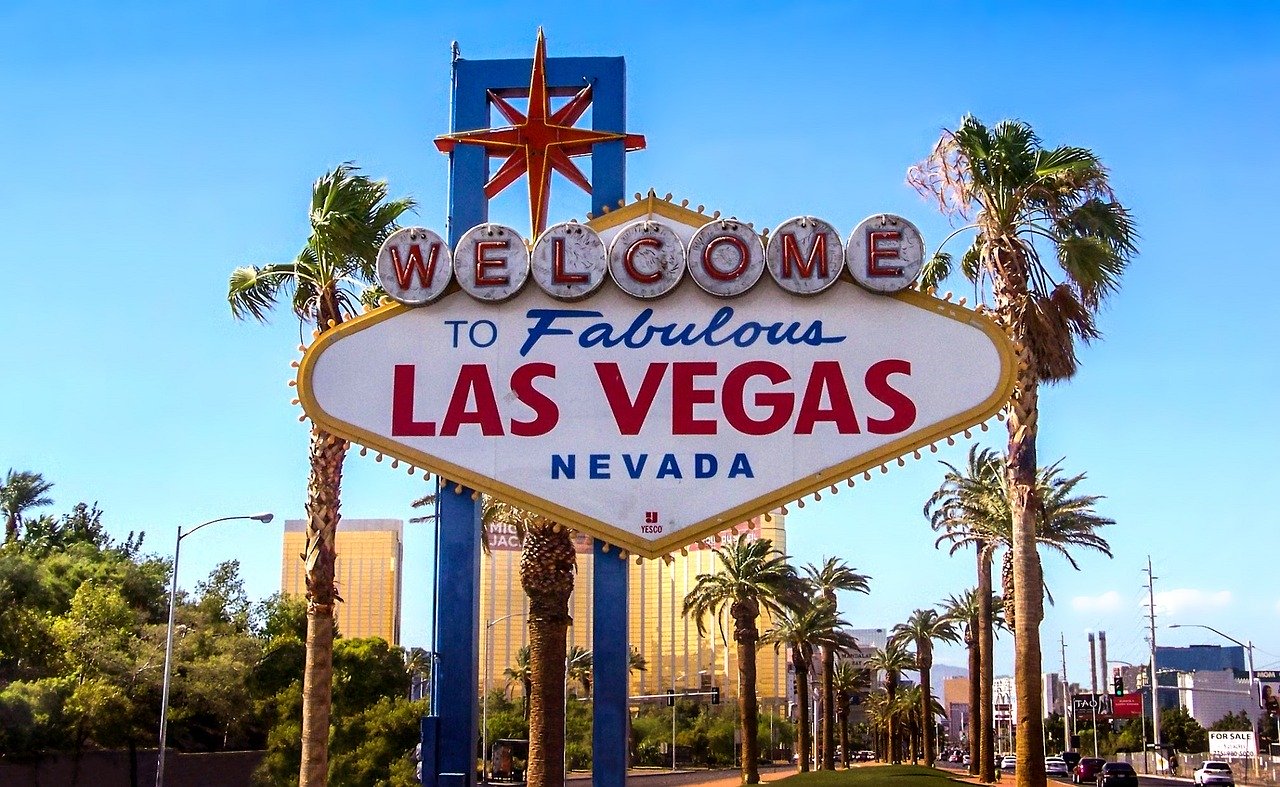
Blackhawk Network and Pollard Banknote to Bring In-Lane Merchandising and Purchase of Instant Lottery Tickets to State Lotteries and Retailers
Global branded payments provider Blackhawk Network, Inc. announced a new agreement with leading lottery expert Pollard Banknote Limited (“Pollard Banknote”) to bring greater convenience to consumers purchasing instant lottery tickets. With this partnership, retailers can merchandise instant tickets “in-lane” at retail to provide both current lottery players and new impulse customers a quick and simple way to purchase popular instant games directly at the register and most self-checkout kiosks.
With Pollard Banknote’s patented scanACTIV™ solution and Blackhawk’s direct POS integrations with an expansive network of the nation’s leading retailers, shoppers will be able to buy lottery tickets in the checkout lane when paying for groceries and everyday items without the added step of waiting in a separate line or making a separate purchase at a customer service counter or vending machine.
“Blackhawk is committed to bringing innovative payment solutions to POS—including lottery—to its vast network of retail partners to help increase reach, loyalty, and revenue,” said Brett Narlinger, head of Global Commerce at Blackhawk Network. “Partnering with Pollard Banknote to support its scanACTIV™ solution is yet another option that can enable our multi-lane retail partners to drive incremental sales and offer greater value and convenience to their customers.”
Historically, multi-lane retailers have been unable to offer in-lane purchases of lottery products due to the need for employee lottery training, special storage displays and inventory procedures, and the potential for theft or fraud of “live” tickets. With the scanACTIV™ solution, however, lottery tickets have no value until they are activated at checkout, supporting a convenient, seamless, and secure experience. For added value, retailers could also offer additional benefits to consumers—like fuel points—or coordinate co-promotions with lotteries at each store.
Here’s how it works:
- Retailers can display lottery tickets within their Gift Card Mall™ or near a point-of-sale (POS) terminal to be scanned upon purchase, making lottery games more visible to shoppers than ever before.
- At POS, the cashier is then prompted to activate the lottery ticket, much as they would activate a gift card.
- After completing the purchase, the player can play using his or her mobile phone or computer.
- Consumers can redeem all winning tickets the same way traditional tickets are redeemed.
“We are excited to partner with an industry leader like Blackhawk and leverage its breadth of retail and payments expertise to expand our lottery products across its expansive network of multi-lane retail partners,” said Jennifer Westbury, Executive Vice President of Sales & Customer Development at Pollard Banknote. “Pollard Banknote is a proven innovator in the lottery industry and is dedicated to being at the forefront of introducing new solutions for lotteries to expand their player reach and grow sales. scanACTIV™ is part of our evolving portfolio of cutting-edge solutions designed to enhance retail sales and facilitate in-lane lottery purchases. Our partnership with Blackhawk will further enable us to deliver a more convenient lottery experience, and more importantly, open untapped opportunities for lotteries to increase revenues in support of good causes in their local communities.”
About Blackhawk Network
Blackhawk Network delivers branded payment solutions through the prepaid products, technologies and network that connect brands and people. We collaborate with our partners to innovate, translating market trends in branded payments to increase reach, loyalty and revenue. Serving 28 countries, we reliably execute security-minded solutions worldwide. Join us as we shape the future of global branded payments. Learn more at blackhawknetwork.com.
About Pollard Banknote Limited
Pollard Banknote Limited is a leading lottery partner to more than 60 lotteries worldwide, providing high quality instant ticket products, licensed games, Schafer Systems and Fastrak retail merchandising solutions, and a full suite of digital offerings, ranging from world-class mkodo game apps to comprehensive player engagement and iLottery solutions, including strategic marketing and management services. The company is a proven innovator and has decades of experience helping lotteries to maximize player engagement, sales, and proceeds for good causes. Pollard Banknote also provides pull-tab tickets, bingo paper, and its Diamond Game and Oasis-branded electronic ticket machines to charitable and other gaming markets in North America. Established in 1907, Pollard Banknote is owned approximately 67.5% by the Pollard family and 32.5% by public shareholders, and is publicly traded on the TSX (PBL). For more information, please visit our website at www.pollardbanknote.com.
SOURCE Blackhawk Network











